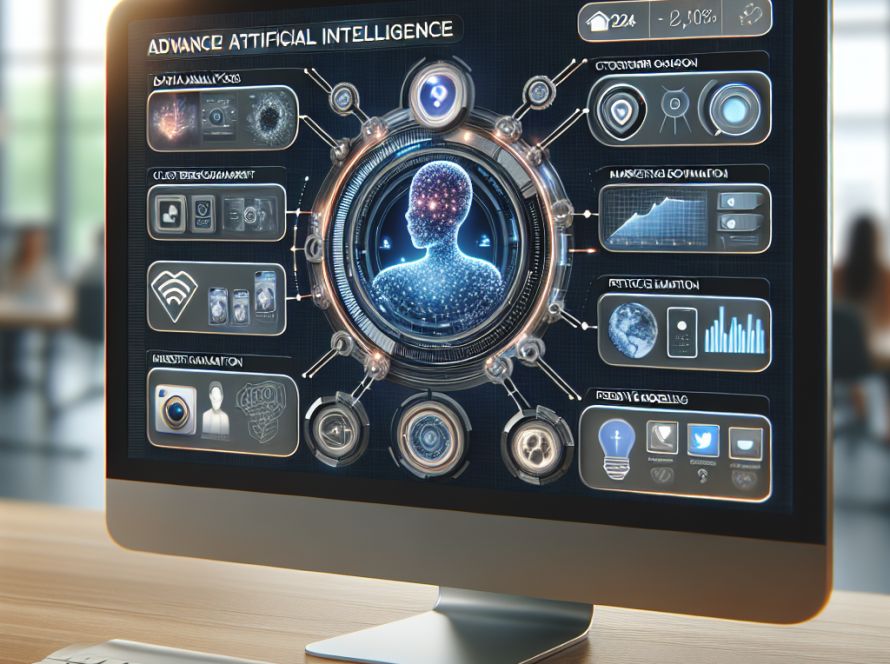The Federal Communications Commission (FCC) has declared the use of AI-generated voices in robocalls to consumers as illegal. This decision follows a recent event where a clone of President Biden’s voice was used in a robocall discouraging individuals from voting in the New Hampshire primaries. Even though an ongoing criminal investigation is in progress regarding the company responsible for the call, the usage of AI voices in it wasn’t considered unlawful at the time.
The new FCC ruling deems voice cloning technology in robocalls aimed at consumers as illegal. “We are warning fraudsters using AI-generated voices in unwelcome robocalls to manipulate vulnerable family members, impersonate celebrities, and confuse voters,” said FCC Chairwoman Jessica Rosenworcel. Earlier, State Attorneys General could only focus on the consequences of a robocall, such as the fraud or scam intended. Now, irrespective of the intent, using AI to generate the call’s voice is illegal.
Back in November 2023, the FCC initiated investigations into how AI could aid in combating illegal robocalls. The goal is to leverage AI to discover these unwanted calls before they access consumers. Also, the Federal Trade Commission (FTC) proposed a $25,000 reward for possible AI solutions offering protection to consumers from robocalls.
The recent ruling also restricts the deployment of AI voices interacting with consumers on phone calls rather than human agents. The FCC stated that callers utilizing such technologies must obtain explicit prior consent from the recipient to initiate calls, barring emergencies or specific exemptions.
The FCC ruling allows exceptions for civil services and politicians to use robocalls for non-commercial purposes. The case of Mayor Eric Adams controversially utilizing an AI clone of his voice to communicate with New Yorkers in several languages last year illustrates such exceptions. Although the FCC ruling doesn’t prevent AI-generated voices’ usage in cases like these, it does raise concerns from an ethical perspective, if not legal.


